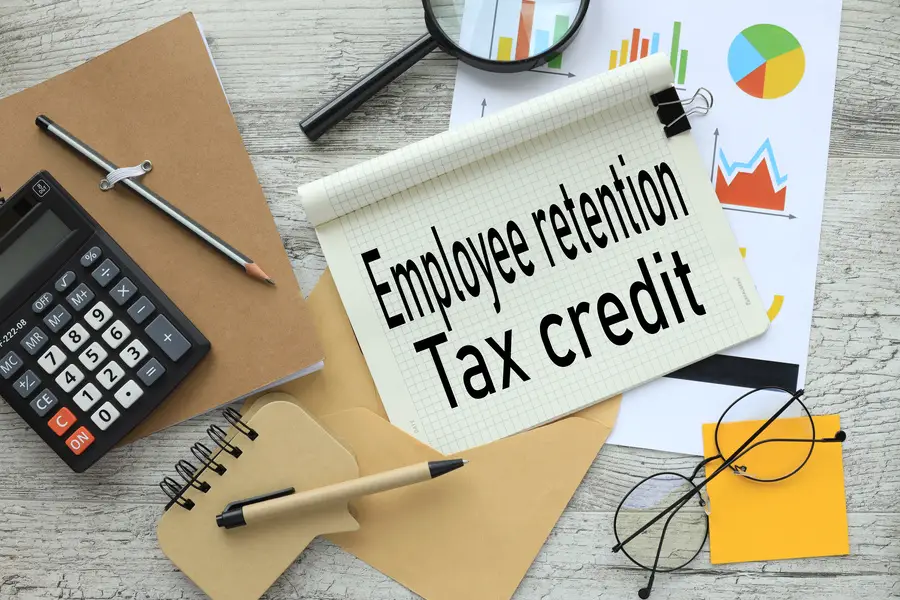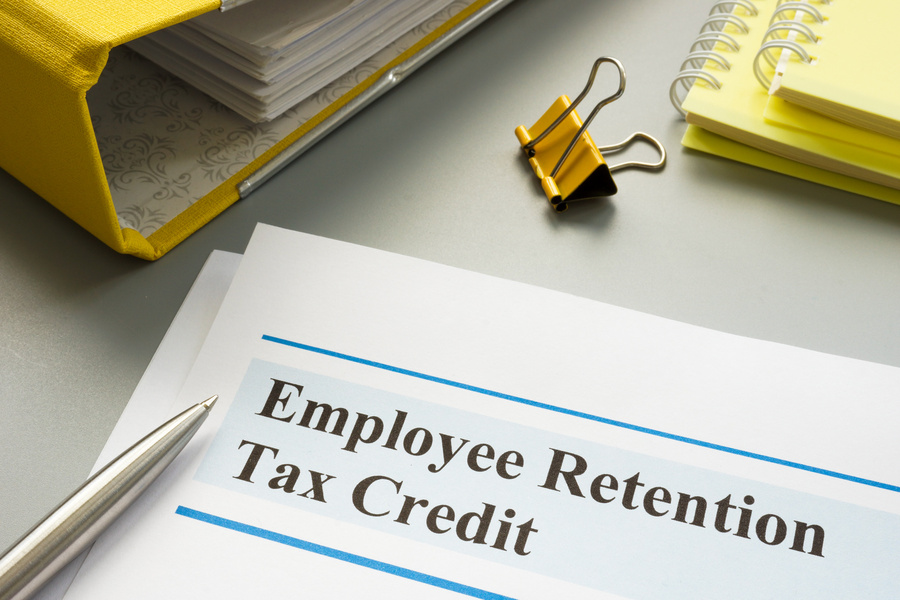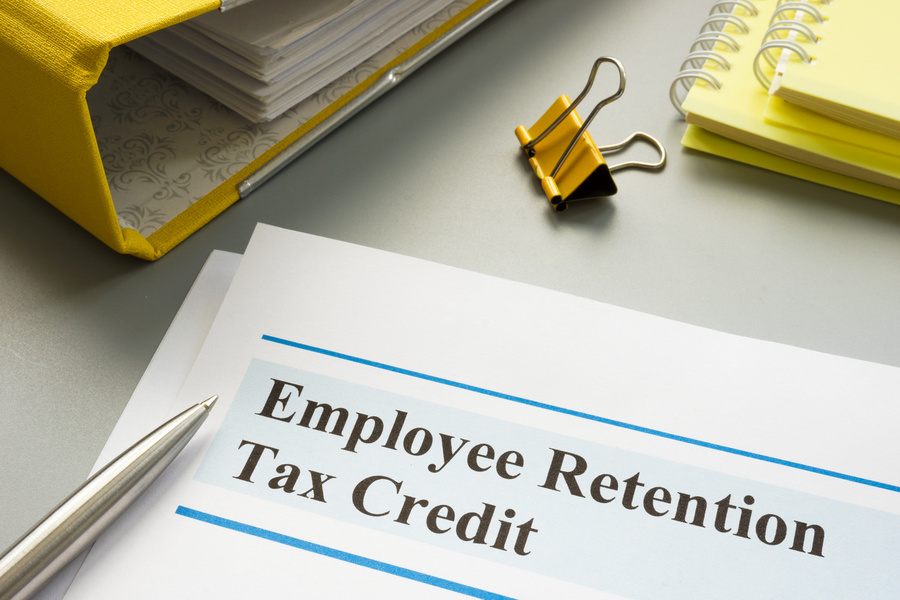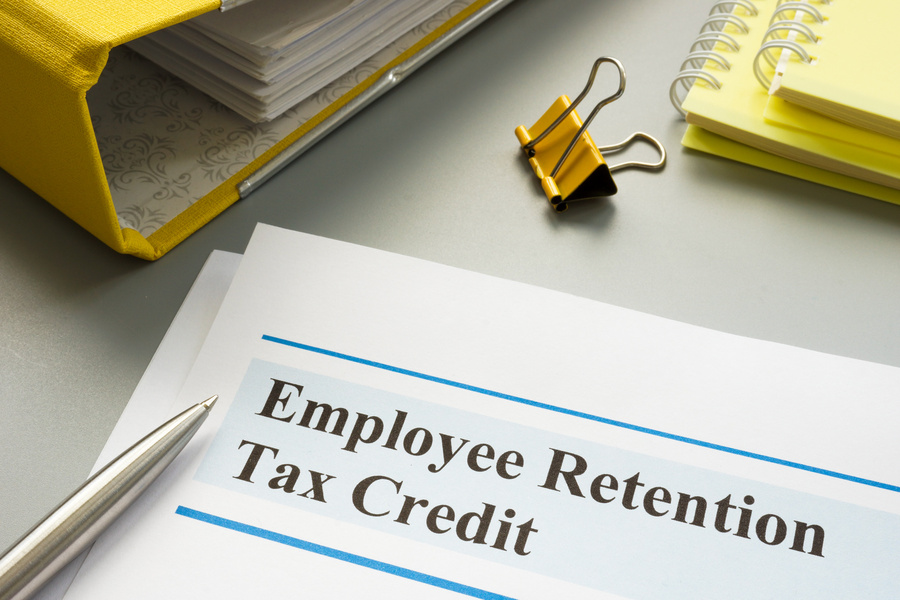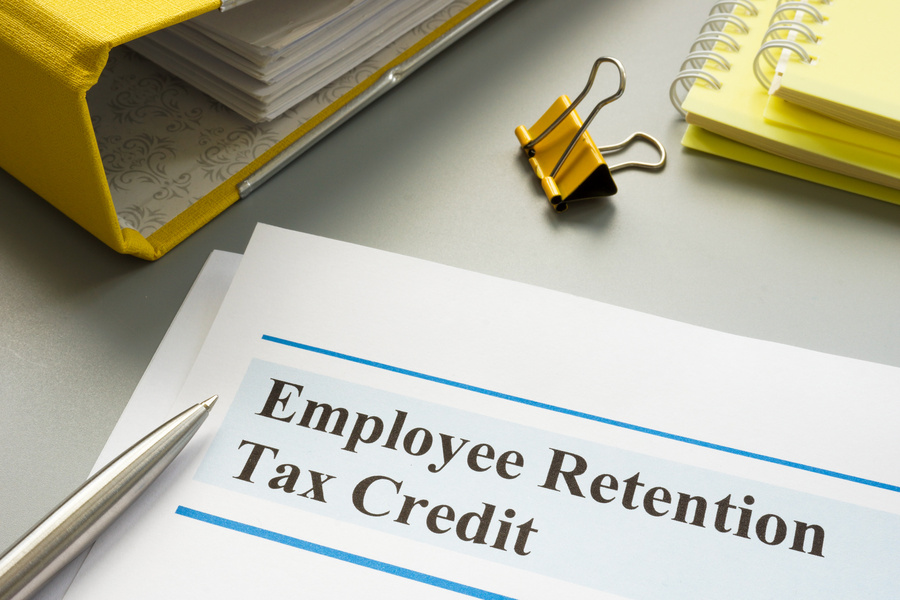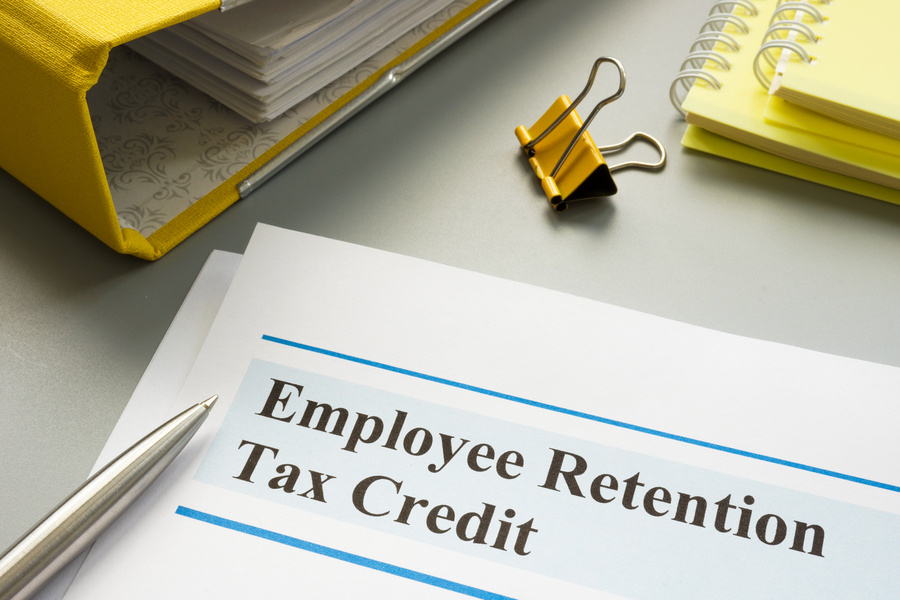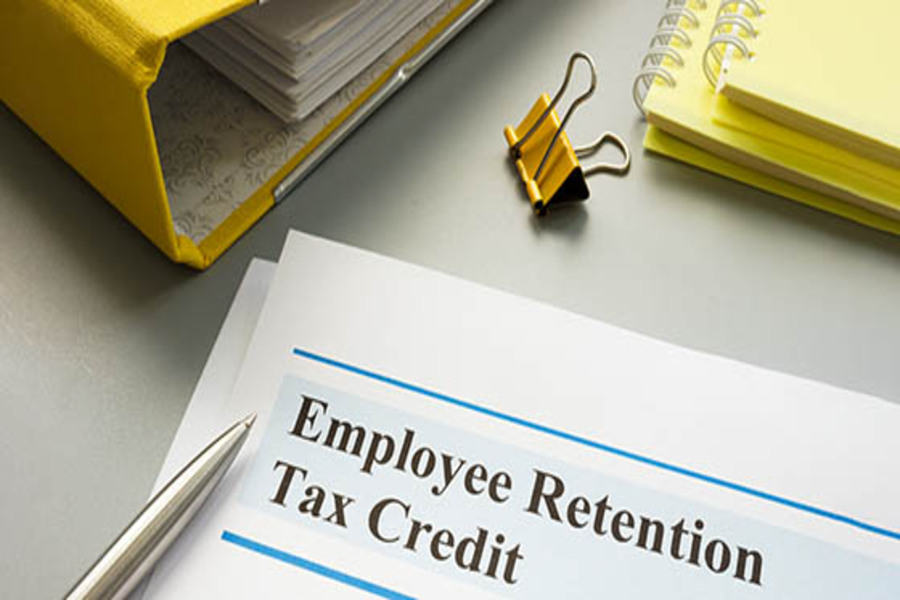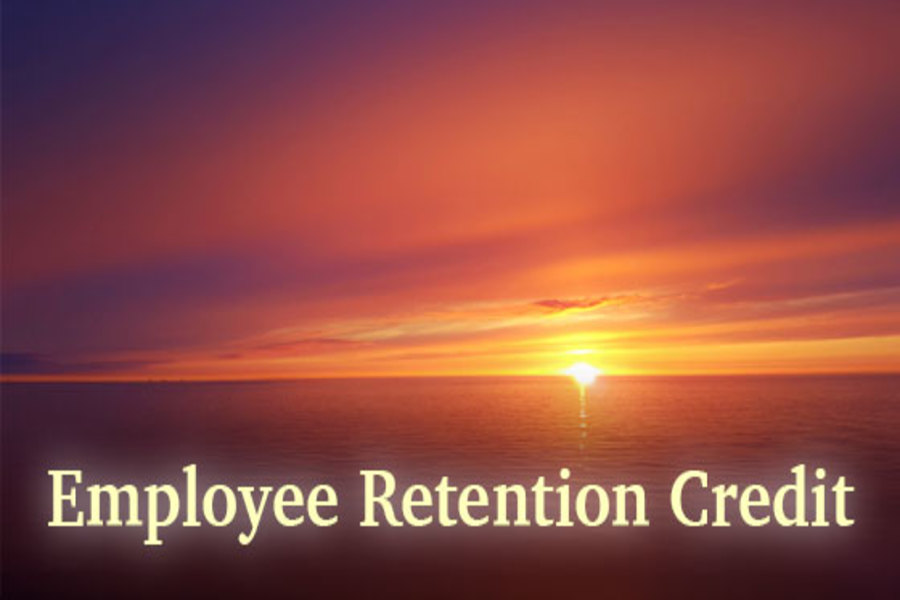We are finding that, all too often, taxpayers that make Employee Retention Tax Credit (ERTC) claims by engaging a so-called “ERTC Mill” are never told of their responsibility to amend their applicable prior year federal income tax return(s), and are shocked to learn that they owe additional taxes, penalties and interest. In order to offset their wage expense for the amount of the credit claimed, taxpayers who file an amended Form 941-X to claim an ERTC refund must simultaneously file an amended income tax return(s) for the tax year(s) in which the ERTC-eligible wages were paid. Because of the resulting lower salary expense, this results in a higher tax burden for taxpayers with sizable ERTC refunds. Reasonable Cause Penalty Relief To the extent an ERTC was retroactively claimed,...

The Employee Retention Tax Credit (ERTC) was introduced back when COVID-19 temporarily closed many businesses. The credit provided cash that helped enable struggling businesses to retain employees. Even though the ERTC expired for most employers at the end of the third quarter of 2021, it could still be claimed on amended returns after that. According to the IRS, it began receiving a deluge of “questionable” ERTC claims as some unscrupulous promotors asserted that large tax refunds could easily be obtained — even though there are stringent eligibility requirements. “We saw aggressive marketing around this credit, and well-intentioned businesses were misled into filing claims,” explained IRS Commissioner Danny Werfel. Last year, in a series of actions, the IRS began cracking down on potentially fraudulent claims. They began with...
The IRS just put up a new webpage and released FAQs having to do with the recently announced Employee Retention Tax Credit (ERTC) Voluntary Disclosure Program. ERTC Voluntary Disclosure Program On December 21, 2023, the IRS announced a new Voluntary Disclosure Program for businesses who claimed the ERC erroneously. The program is part of the IRS' continuing efforts to combat questionable ERTC claims. This special disclosure program affords taxpayers the ability to repay only 80% of the claim received. The program runs through March 22, 2024. New webpage: The new webpage provides information on the advantages of participating in the program, who can apply, how to apply, as well as next steps. FAQs: The FAQs provide detailed information on eligibility, the program process, calculating and paying the amount...
As reported via IR-2023-247 on 12/21/2023 As part of an ongoing initiative aimed at combating dubious Employee Retention Tax Credit (ERTC) claims, the Internal Revenue Service launched a new Voluntary Disclosure Program to help businesses who want to pay back the money they received after filing ERTC claims in error. The new disclosure program, which has been in the works for several months, is part of a larger effort at the IRS to stop aggressive marketing around ERTC that misled some employers into filing claims. The special disclosure program runs through March 22, 2024, and the IRS added provisions allowing repayment of 80% of the claim received. The IRS also continues to urge employers with pending ERTC claims to consider a separate withdrawal program that allows them to...
As reported via IR-2023-230 on 12/6/2023 As part of continuing efforts to combat dubious Employee Retention Tax Credit (ERTC) claims, the Internal Revenue Service is sending an initial round of more than 20,000 letters to taxpayers notifying them of disallowed ERTC claims. IRS is disallowing claims to entities that: did not exist, or did not have paid employees during the period of eligibility to prevent improper ERTC payments from being made to ineligible entities. The letters are being sent as the IRS continues increased scrutiny of ERTC claims in response to misleading marketing campaigns that have targeted small businesses and other organizations. The IRS mailing is the latest in an expanded compliance effort that includes a special withdrawal program for those with pending claims who realize they...
As reported via IR-2023-193 on 10/19/2023 Special initiative aimed at helping businesses concerned about an ineligible claim amid aggressive marketing, scams As part of a larger effort to protect small businesses and organizations from scams, the Internal Revenue Service announced the details of a special withdrawal process to help those who filed an Employee Retention Tax Credit (ERTC) claim and are concerned about its accuracy. This new withdrawal option allows certain employers that filed an ERTC claim but have not yet received a refund to withdraw their submission and avoid future repayment, interest and penalties. Employers that submitted an ERTC claim that's still being processed can withdraw their claim and avoid the possibility of getting a refund for which they're ineligible. The IRS created the withdrawal option to help...
As appearing in IRS IR-2023-169 To protect taxpayers from scams, IRS orders immediate stop to new Employee Retention Tax Credit (ERTC) processing amid surge of questionable claims Concerns from tax pros, aggressive marketing to ineligible applicants highlights unacceptable risk to businesses and the tax system Moratorium on processing of new claims through year’s end will allow IRS to add more safeguards to prevent future abuse, protect businesses from predatory tactics; IRS working with Justice Department to pursue fraud fueled by aggressive marketing WASHINGTON – Amid rising concerns about a flood of improper Employee Retention Credit claims, the Internal Revenue Service today announced an immediate moratorium through at least the end of the year on processing new claims for the pandemic-era relief program to protect honest small business owners from...
The Employee Retention Tax Credit (ERTC) was a valuable tax credit that helped employers that kept workers on staff during the height of the COVID-19 pandemic. While the credit is no longer available, eligible employers that haven’t yet claimed it might still be able to do so by filing amended payroll returns for tax years 2020 and 2021. However, the IRS is warning employers to beware of third parties that may be advising them to claim the ERTC when they don’t qualify. Some third-party “ERTC mills” are promising that they can get businesses a refund without knowing anything about the employers’ situations. They’re sending emails, letters and voice mails as well as advertising on television. When businesses respond, these ERTC mills are claiming many improper write-offs...
The Employee Retention Tax Credit (ERTC) was a valuable tax credit that helped employers survive the COVID-19 pandemic. A new law has retroactively terminated it before it was scheduled to end. It now only applies through September 30, 2021 (rather than through December 31, 2021) — unless the employer is a “recovery startup business.” The Infrastructure Investment and Jobs Act of 2021 (IIJA 2021), which was signed by President Biden on November 15, 2021, doesn’t have many tax provisions but this one is important for some businesses. If you anticipated receiving the ERTC based on payroll taxes after September 30 and retained payroll taxes, you must determine how and when to repay those taxes and address any other compliance issues. The American Institute of Certified Public Accountants (AICPA)...
The Employee Retention Tax Credit (ERTC) is a valuable tax break that was extended and modified by the American Rescue Plan Act (ARPA), enacted in March of 2021. Here’s a rundown of the rules for businesses that have considered revisiting the Employee Retention Tax Credit. Background Back in March of 2020, Congress originally enacted the ERTC in the CARES Act to encourage employers to hire and retain employees during the pandemic. At that time, the ERTC applied to wages paid after March 12, 2020, and before January 1, 2021. However, Congress later modified and extended the ERTC to apply to wages paid before July 1, 2021. The ARPA again extended and modified the ERTC to apply to wages paid after June 30, 2021, and before January 1, 2022. Thus, an eligible employer can...


